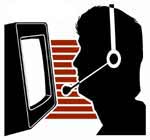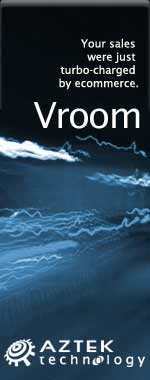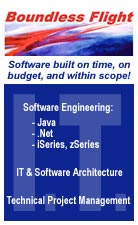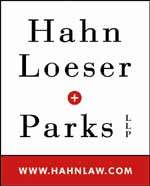Anthony D. Williams is the co-author, along with Don Tapscott, of the best-selling book, Wikinomics. Wikinomics was a first introduction for many to the world of Web 2.0. Williams spoke at the Collaboration Technology and Engaging the Campus 2008 event at Case Western Reserve University on May 8, 2008. 
Lev Gonick brought in numerous interesting speakers and technologies that affect the present and future of education. Lev really is a superstar and I wonder if people in the region appreciate that.
CWRU CIO Lev Gonick with Anthony D. Williams, co-author of Wikinomics and CWRU President Barbara Snyder
Williams' presentation was titled, Mass Collaboration and the Future of Higher Education. and he gave many examples of how Web 2.0 is becoming more pervasive. For example, Blogger.com has more web traffic than CNN.com. People are passionate, engaged and active. They want to participate, not just view so Myspace.com beats MTV.com. Wikipedia (the 9th most visited site on web) easily beats Britannica.com for traffic. He calls it The Age of Participation using sites such as flickr, YouTube, SecondLife, Wikipedia and others as proof. In fact, the day's events streamed live through SecondLife prompting CASE Dean Barbara Snyder to joke, "If I'm an avatar, I want final approval." Williams spoke of the New Talent Equation. Sure you need the talent inside. But you need talent outside too. One key to competitiveness? Tap into that outside knowledge. With Web 2.0 - you can program the Internet. Broadband and mobile access are becoming pervasive. He spoke of the Rise of the Global Mobile web - more cell phones used for Internet than PCs citing examples such as Geospatiality - a platform for global problem solving (Google Earth) and the MIT project called WikiCityRome. In Japan mobile temporary workers are being found by companies looking for workers in their immediate neighborhood in a kind of temporary employment agency. 
Anthony D. Williams speaking at CWRUThe consequences for education are enormous. Young people grew up with Web 2.0. Williams showed a normal world map. Then he displayed a map distorted to reflect populations with people under 15. China and India were huge. Russia and Canada were almost gone. N-Gen will require and demand Education 2.0 to learn. But it can also be used to capture the knowledge of a retiring workforce. With Education 2.0, everything changes. He told how this lecture was being streamed through Second Life and how Harvard Virtual Law School and MIT Open Courseware projects were changing education. The 21st century textbook will be different from our battered old volumes. Think of Lego books, where components are to be recombined with others. 
It's an exciting time for education and the many sessions, panels and speakers at the CASE event did a great job demonstrating that.
May 8, 2008
5,407 KB
5:45
 Listen to this podcast with Anthony D. Williams Listen to this podcast with Anthony D. Williams
Top of Page | 


